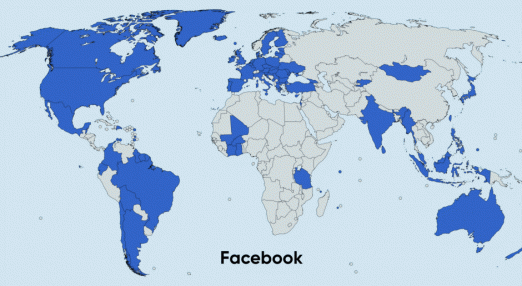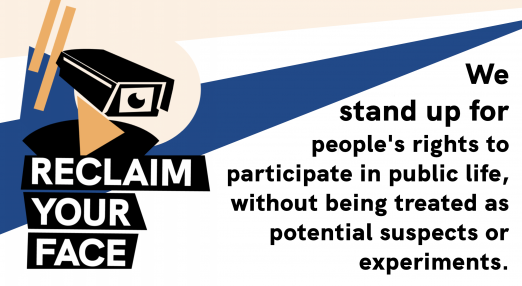Privacy International
Filter by...
-

UK Investigatory Powers Tribunal finds the regime for bulk communications data to be incompatible with EU law
The UK Investigatory Powers Tribunal issued a declaration in EDRi member Privacy International's challenge to the bulk communications data regime, finding UK legislation to be incompatible with EU law.
Read more
-

Challenge against Clearview AI in Europe
This legal challenge relates to complaints filed with 5 European data protection authorities against Clearview AI, Inc. ("Clearview"), a facial recognition technology company building a gigantic database of faces.
Read more
-

Human rights groups win European Court of Human Rights claim on UK mass surveillance regime
Eight year legal battle against UK mass surveillance programmes exposed by whistleblower Edward Snowden culminates in victory for privacy. EDRi's member Privacy International worked actively to make this happen.
Read more
-

Stop Spying on Asylum Seekers!
How would you feel if the government was literally able to cut off your access to your cash, because your buying habits were deemed suspicious? That's the reality for many UK based asylum seekers, spied on by the Home Office through their 'Aspen Card', the debit payment card they rely on for their basic subsistence and survival. Join our member Privacy International in their efforts to stop the government's harmful practices of spying on some of the most vulnerable members of our society.
Read more
-

“Anytime and anywhere”: Vaccination, immunity certificates, and the permanent pandemic
The deployment of vaccines, and in particular any “immunity passport” or certificate linked to the vaccination, must respect human rights. EDRi's member Privacy International (PI) reveals some of the broader human rights, ethical and societal implications of vaccination "passports".
Read more
-

Shedding light on the DWP staff guide on conducting fraud investigations
In 2019, the UK Department for Work and Pensions published their two-part staff guide on conducting fraud investigations. Privacy International went through the 995 pages to understand how those investigations happen and how the DWP is surveilling benefits claimants suspected of fraud.
Read more
-

The companies in control of our secret identities
EDRi member Privacy International published a research on ad tech companies' data collection practices which are employed to create an assumed picture of you. The study shows that the profiles created for the data subjects are based on information pieced together from incomplete data and using marketing algorithms. Hence, this data forms an uncanny picture of yourself, one that you may not have voluntarily revealed, a digital shadow over which you have very little practical control.
Read more
-

Online political ads – a study of inequality in transparency standards
In its new report, EDRi member PI looks into the implementation of transparency tools by Facebook, Google and Twitter in relation to political advertising. This work was produced in collaboration with partner organisations InternetLab and ELSAM.
Read more
-

Q&A: PI case – UK High Court judgment on general warrants and government hacking explained
EDRi member Privacy International (PI) explain in some detail what their case involving UK intelligence services using general warrants is about.
Read more
-

Benefiting whom? An overview of companies profiting from “digital welfare”
Could private companies be the only ones really profiting from digital welfare? This overview from EDRi member Privacy International looks at the big players.
Read more
-

Campaign “Reclaim Your Face” calls for a Ban on Biometric Mass Surveillance
Civil society across Europe launches the “Reclaim Your Face” campaign, demanding that local and national authorities listen to their communities about the serious risks of using facial recognition and other biometric technologies in public spaces. The newly formed coalition calls to ban biometric mass surveillance, in reaction to the rapid and secretive roll out of invasive and unlawful technologies by police forces and local authorities in many European countries.
Read more
-

EDRi-gram, 28 October 2020
Data brokers are key actors in the hidden data ecosystem. The data they collect and later sell can be used for a range of different purposes, from commercial advertising to political campaigning, and in some worrying instances, law enforcement.
Read more
